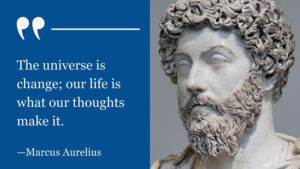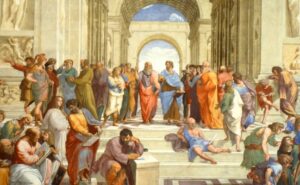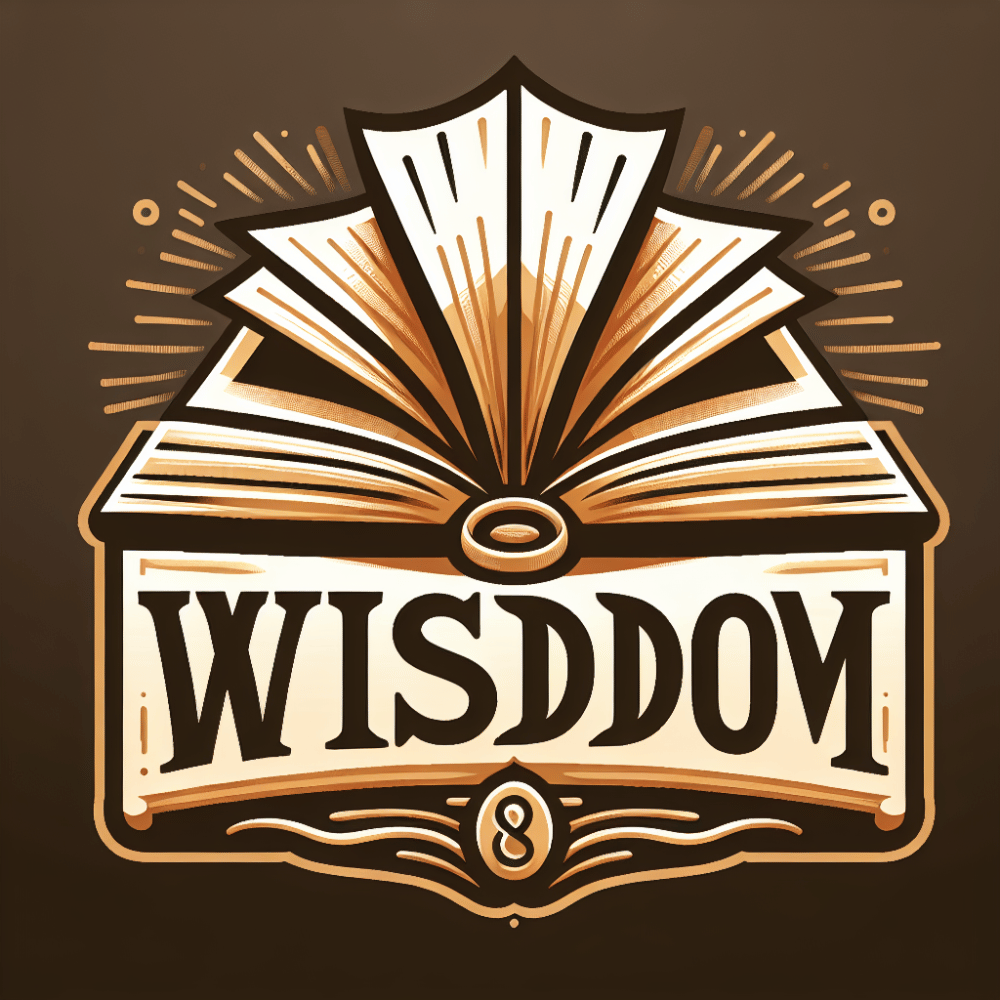
In an age characterized by rapid technological advancements, social upheaval, and constant change, the teachings of ancient Greek philosophers remain profoundly relevant. These timeless insights offer valuable guidance for navigating the complexities of contemporary life. By exploring the wisdom of philosophers like Socrates, Plato, Aristotle, and others, we can find meaningful ways to address modern challenges and enrich our lives.
Socratic Method: Embracing Inquiry and Dialogue
Socrates, known for his method of questioning, believed that the key to wisdom was acknowledging one’s own ignorance. The Socratic method, which involves asking probing questions to stimulate critical thinking and illuminate ideas, is particularly pertinent today. In an era of misinformation and polarized opinions, adopting this approach can foster meaningful dialogue and help individuals arrive at well-informed conclusions.
- Application Today: Encouraging open discussions and critical thinking in educational settings, workplaces, and social interactions can lead to more informed decisions and a deeper understanding of diverse perspectives.
Plato’s Theory of Forms: Seeking True Understanding
Plato, a student of Socrates, introduced the Theory of Forms, which posits that the physical world is only a shadow of the true reality. According to Plato, the ultimate truths lie in the realm of abstract forms or ideas. This concept encourages us to look beyond superficial appearances and strive for a deeper comprehension of the world around us.
- Application Today: In a society often obsessed with materialism and instant gratification, Plato’s philosophy urges us to prioritize intellectual and spiritual growth, fostering a more profound sense of purpose and fulfillment.
Aristotle’s Golden Mean: Pursuing Balance and Moderation
Aristotle, a student of Plato, emphasized the importance of balance and moderation through his concept of the Golden Mean. According to Aristotle, virtue lies between excess and deficiency. This principle of finding a balanced approach can be applied to various aspects of life, from personal habits to public policies.
- Application Today: Embracing moderation in consumption, work, and lifestyle choices can lead to healthier, more sustainable living. In governance, policies that seek a balanced approach to economic growth, environmental protection, and social welfare can promote long-term stability and prosperity.
Epicureanism: Finding Happiness in Simple Pleasures
Epicurus taught that true happiness comes from seeking simple pleasures, cultivating friendships, and living a life free from unnecessary desires. This philosophy advocates for a minimalist lifestyle, focusing on what truly brings joy and contentment rather than constant pursuit of material wealth.
- Application Today: In a fast-paced, consumer-driven world, adopting Epicurean principles can reduce stress and enhance well-being. Prioritizing meaningful relationships and personal growth over material accumulation can lead to a more satisfying and balanced life.
Stoicism: Cultivating Resilience and Inner Peace
Stoicism, founded by Zeno of Citium, emphasizes the importance of accepting what we cannot control and focusing on our own actions and attitudes. Stoics believe that by practicing self-discipline, rationality, and virtue, we can achieve inner peace and resilience in the face of adversity.
- Application Today: In times of uncertainty and stress, Stoic practices such as mindfulness, gratitude, and emotional regulation can help individuals maintain composure and find strength. This mindset is particularly valuable in coping with personal and professional challenges.
Applying Ancient Wisdom in Modern Contexts
The teachings of ancient Greek philosophers are not relics of the past but practical tools for contemporary life. By integrating these principles into our daily routines, we can navigate the complexities of the modern world with greater wisdom and poise.
- Education: Incorporating philosophical discussions into curricula can foster critical thinking, ethical reasoning, and a deeper appreciation for diverse perspectives among students.
- Workplace: Encouraging open dialogue, ethical decision-making, and a balanced approach to work can enhance productivity and job satisfaction.
- Personal Development: Practicing mindfulness, moderation, and continuous learning can lead to a more fulfilling and balanced life.
Conclusion
In conclusion, the timeless teachings of ancient Greek philosophers offer profound insights that are incredibly relevant to today’s chaotic world. By embracing the Socratic method of inquiry, Plato’s search for true understanding, Aristotle’s pursuit of balance, Epicurean happiness, and Stoic resilience, we can address modern challenges with wisdom and grace. These ancient philosophies provide a valuable framework for achieving personal growth, fostering meaningful relationships, and contributing to a more thoughtful and harmonious society.

